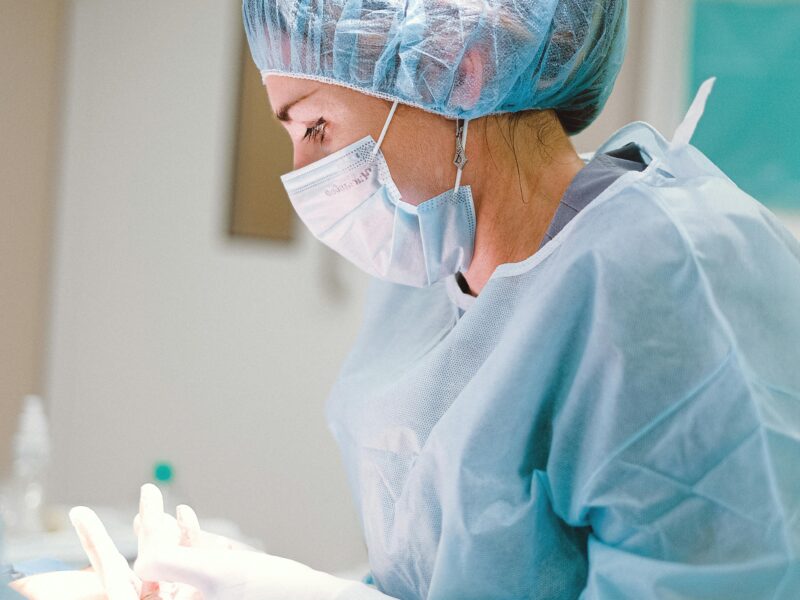Introduction
The crucial role played by medical courier services remains an underappreciated facet of America’s dynamic healthcare sector. Acting as a critical supply chain’s linchpin, these couriers ensure the timely, efficient, and most importantly, safe delivery of essential healthcare objects, spanning from patient specimens to medical documents and apparatus. This comprehensive discourse aims to delve into the multifaceted world of medical courier professions in the United States, elaborating on their intricate duties, complex operational environment, and bright holding of numerous possibilities.
Duties and Responsibilities
Medical courier roles transcend the boundaries of conventional delivery services. Professionals in this domain shoulder the heavy responsibility of transporting items of immeasurable value – elements that may directly influence the life or death of a patient, such as medical devices, organ and blood transplants, prescription medicines, and diagnostic specimens. Their role extends beyond delivery, encompassing strict adherence to state and federal health standards in handling and transportation.
The Working Environment
Medical couriers navigate a uniquely challenging environment every day. From overcoming clock-bound schedules to ensuring that delicate materials reach their destination in an undamaged state despite arduous transit conditions – a medical courier’s job is far from easy. In this section, we will explore the daily hurdles these brave men and women face, delving into job risks, operational conditions, and the insurance requirements that shield both the courier and the invaluable goods they carry.
Required Training and Skills
The complexity of a medical courier’s responsibilities necessitates specialized training and a distinct skill set. This section will unfold the qualifications, skill sets, and experience that can help aspiring couriers prepare for and excel in this challenging but rewarding field. This includes knowledge about biohazards, mastery in navigation and safe driving, a deep understanding of healthcare regulations, and an impeccable sense of time management and customer service.
Opportunities Across States and Key Areas
Regional differences can profoundly impact job prospects, compensation packages, and other benefits for medical courier jobs. After dissecting these disparities, this section will highlight the leading states for medical courier opportunities, such as California and Texas. These states emerge as frontrunners due to their extensive healthcare infrastructure and corresponding demand for this indispensable service.
Unique Challenges in the Medical Courier Vertical
Despite its intrinsic rewards, medical courier professions are not devoid of challenges. The upcoming discourse will unearth these issues, starting from logistic complications to circumventing severe weather conditions, and sophisticatedly handling sensitive and potentially biohazardous materials. Besides illuminating these challenges, we will also discuss problem-solving strategies and enablers, evidencing the resilience of this profession.
Prospective Growth and Future of Medical Courier Jobs
Predictions reveal a promising growth trajectory for medical courier jobs, primarily stimulated by the healthcare sector’s expanding demands. In this segment, we will interpret these growth projections and examine emerging trends, such as digitalization’s transformative impact and innovations like drone deliveries and self-driving vehicles, all poised to reshape the future of medical courier services.
Conclusion
The essence of medical courier jobs in the U.S goes beyond mere delivery services. These professionals navigate complex environments to ensure the safe, timely and efficient transportation of critical healthcare items. This field presents its share of challenges, specialized training and a distinct skill set. However, their tasks are rewarding, offering the unique opportunity to play a crucial role in preserving life and health. Regional differences offer various opportunities, with states like California and Texas standing out due to extensive healthcare infrastructures. The future of medical courier jobs is promising, with the integration of technology trends set to redefine their role in the evolving landscape of American healthcare.





